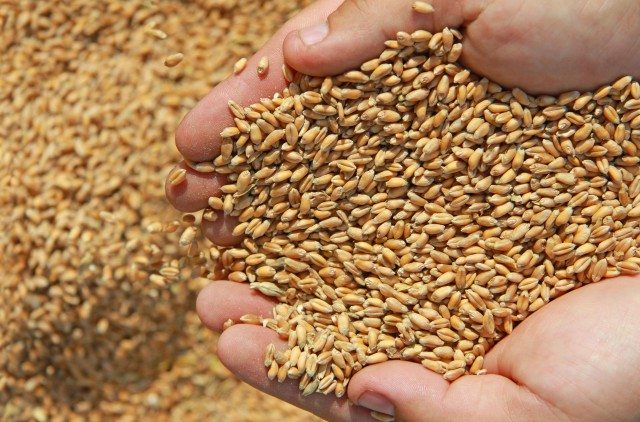The Food and Agriculture Organization of the United Nations (FAO), the International Food Policy Research Institute (IFPRI) and the CGIAR research program on Policies, Institutions, and Markets (PIM) have launched a new initiative to enhance global cooperation on measuring and reducing food loss and waste.
The G20 agriculture ministers requested FAO and IFPRI to launch this initiative in Istanbul, Turkey in May 2015.
The Technical Platform on the Measurement and Reduction of Food Loss and Waste is an information-sharing and coordination network involving diverse stakeholders, such as international organizations, development banks, non-governmental organizations, and the private sector.
Platform partners will work together to enhance the measurement of food loss and waste, exchange knowledge and information, and share best practices to tackle the global challenges of food loss and waste.
“The G20 Platform will enhance our capacity to accurately measure food loss and waste, both in the G20 countries and in low-income countries,” said FAO director-general José Graziano da Silva.
“It will bring new expertise and knowledge for improving metrics. It will also respond to countries’ need for knowledge and good practices.”
“We must coordinate global efforts to reduce food loss and waste to enhance our ability to sustainably eliminate global hunger and under nutrition,” said IFPRI director-general Shenggen Fan.
“This new platform is a critical step in this direction.”
Currently, one-third of global food production – enough food to feed two billion people for a year – is lost or wasted annually.
The G20 agriculture ministers noted the significant food loss and waste throughout food value chains as “a global problem of enormous economic, environmental and societal significance”.
The platform will:
– Lead efforts to improve the measurement of food loss and waste,
– Build capacity to reduce food loss and waste in G20 countries and in lower-income nations.
This capacity building effort includes ‘South-South’ knowledge transfers,
– Provide evidence-based advocacy on the scope, causes and costs of food loss and waste,
– Monitor global developments on food loss and waste, and
– Provide multi-agency advisory and technical assistance for work on food loss and waste at the request of governments.
The Platform builds on and complements existing mechanisms, such as the Global Community of Practice on Food Loss Reduction, run jointly out of Rome by FAO, the International Fund for Agricultural Development and the World Food Programme as well as the World Resources Institute’s Food Loss and Waste Protocol.
It also expands on the work done by the SAVE FOOD Network, as well as IFPRI’s Policies, Institutions and Markets CGIAR research program, an initiative on food loss and waste under a larger portfolio of value chain studies.
IFPRI also measures food loss and waste at all stages – from production and post-production to processing, distribution and consumption – in order to identify the origin and cost of food loss and waste at the local, regional and global level.
Fighting hunger by saving food
About 800 million people in the world suffer from hunger.
Under nutrition remains widespread with some two billion people lacking essential nutrients like iron, zinc and vitamin A.
Juxtaposing this is the rise of overweight and obesity, especially in middle-income countries.
Food is lost when it is spoilt or spilled before reaching the final product or retail stage.
It is wasted when it spoils during retailing or is discarded by consumers.
Most food loss takes place in post-production, harvesting, transportation and storage and is primarily related to inadequate infrastructure in developing countries.
On the other hand, food waste is a problem in the marketing and consumption stages in developed countries.
IFPRI studies have found that infrastructure development is essential to achieve lower post-harvest food loss. Cutting food loss, however, is not a low-cost alternative to achieving food security and nutrition.
Rather, large-scale reduction in post-harvest food loss requires public and private investments and also supports the long-term productivity growth which contributes to food security.
FAO estimates that over 40% of root crops, fruits and vegetables are lost or wasted, along with 35% of fish, 30% of cereals and 20% of oilseeds, meat, and dairy products.
Total food waste represents an economic value of US$1 trillion annually.
FAO studies have also shown that food wastage is responsible for the release of billions of tons of greenhouse gases into the atmosphere, consuming some 250 km3 of water and 1.4 billion hectares of land each year.










